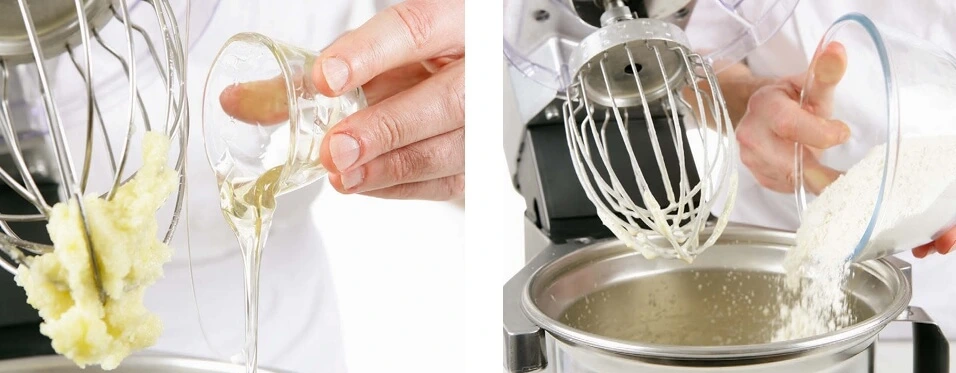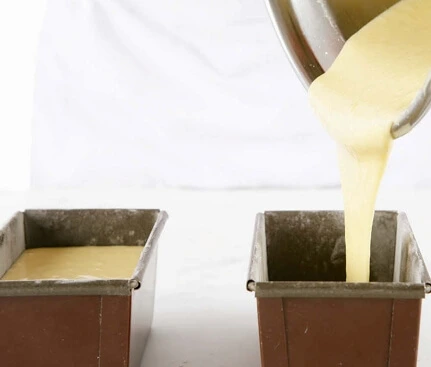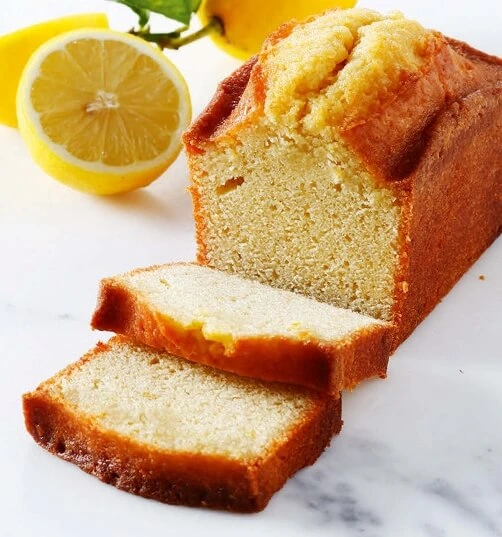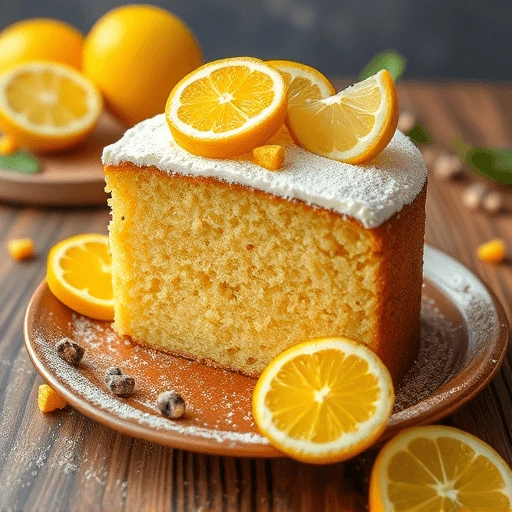There’s something undeniably enchanting about a lemon cake. With its radiant golden hue and invigorating citrus aroma, it brings a sense of brightness and refinement to even the most ordinary day. Whether served at an afternoon tea, a springtime brunch, or as the centerpiece of a celebration, this classic cake has the power to elevate any moment into something memorable.
What makes a lemon cake truly special is its delicate balance between zest and sweetness. Each bite offers a tender crumb infused with the refreshing essence of lemon—a flavor that dances lightly on the palate and lingers just long enough to tempt another forkful. Beneath its sun-kissed exterior lies a texture that’s both moist and airy, comforting yet never heavy, making it a perennial favorite across seasons and generations.
Often glazed or drizzled with a citrus-kissed finish, the cake’s surface gleams subtly, hinting at the tart brightness to come. Sometimes, it’s adorned with a dusting of sugar or a few simple curls of zest—never flashy, always elegant. This understated sophistication is part of its charm: the lemon cake doesn’t need elaborate decorations or complex techniques to shine. Its quiet confidence lies in the purity of its flavor and the precision of its execution.
More than just a dessert, a well-made lemon cake is a gesture. It’s the kind of treat you make for someone you care about—a mother, a friend, a neighbor—to bring light to their day. It’s also a pleasure to bake: the scent of lemon zest filling the kitchen, the anticipation as it rises in the oven, the satisfaction of slicing into it once cooled.
At its heart, lemon cake is proof that simplicity can be sublime. It’s an ode to balance, a tribute to flavor, and a small yet radiant reminder that beauty often lies in the quietest of things.
Earl Grey & Citrus Cake
For 8 servings
Preparation Time:15 minutes
Baking Time:30 minutes
Storage:Keeps for up to 5 days, well wrapped in cling film and stored in a dry place.
Equipment Needed
- Stand mixer
- Sieve
- Two loaf pans (14 cm × 7.3 cm × 7 cm high)
Ingredients
- 13 g Earl Grey tea
- 25 g water
- 55 g sugar
- 45 g raw almond paste (50%)
- ½ yellow lemon
- ½ green lime
- 33 g acacia honey
- 135 g eggs
- 100 g T55 flour
- 3 g baking powder
- 110 g warm butter
Method
- Start by infusing the Earl Grey tea in the measured hot water. While the infusion develops, place the softened almond paste, sugar, and the finely grated zest of both the lemon and lime into the bowl of a stand mixer fitted with the paddle attachment. Mix until the texture is smooth and the zest is well distributed.
- Switch to the whisk attachment, then gradually incorporate the acacia honey, the strained tea infusion, and the eggs. Add them slowly, allowing the mixture to emulsify and become creamy.
- Sift together the flour and baking powder, then add this dry mixture to the batter. Mix just until incorporated, then pour in the warm, melted butter. Blend until the batter is smooth and homogenous, with a silky consistency.

- Generously butter and flour two loaf pans (14 cm × 7.3 cm × 7 cm). Divide the batter evenly between them, smoothing the surface if needed. Bake in a preheated oven at 160 °C (th. 5/6) for approximately 30 minutes, or until a skewer inserted in the center comes out clean.

- Allow the cakes to cool completely before unmolding them onto a wire rack

Chef’s Tips
- Controlled infusion: Steep the Earl Grey tea for no more than 5 to 7 minutes to extract its floral and citrusy notes without bitterness. Strain carefully to ensure a smooth batter.
- Almond paste texture: If your almond paste is too firm, gently soften it in the microwave for a few seconds or knead it briefly with a bit of sugar to make it easier to blend.
- Citrus zest precision: Only zest the colored part of the skin—avoiding the white pith, which is bitter. A fine microplane grater ensures the zest integrates evenly and releases maximum aroma.
- Butter temperature matters: Make sure the butter is warm, not hot. If it’s too hot, it may affect the structure of the batter. The ideal texture is smooth and glossy without deflating the mix.
- Even baking: If the cakes begin to brown too quickly, cover them loosely with foil toward the end of the baking time. Check doneness by inserting a knife or skewer—it should come out clean.
- Even better the next day: Wrapped well and left to rest overnight, the cake becomes even more moist and the flavors deepen beautifully.
Conclusion: A Cake That Speaks of Elegance and Simplicity
This Earl Grey & Citrus Cake is more than just a tea-time treat—it’s a quiet celebration of balance, craft, and subtle complexity. The floral depth of the Earl Grey, the brightness of fresh citrus zest, and the richness of almond and butter combine to create a cake that feels both comforting and refined. It’s a recipe that respects tradition while offering something gently unexpected, ideal for sharing during thoughtful conversations or as a calm interlude in the middle of a busy day.
Baking it is as soothing as enjoying it. From the first aromatic notes of tea infusion to the final golden crust out of the oven, every step invites a slower pace and intentional care. Whether served in delicate slices with a cup of hot tea or enjoyed plain and simple, this cake offers a moment of quiet luxury—accessible, but undeniably special.
So the question isn’t whether you should try it, but when you’ll take the time to bring this little masterpiece to life.
Frequently Asked Questions (FAQ)
Can I use another type of tea instead of Earl Grey?
Yes! You can substitute Earl Grey with another floral or citrus-forward tea, such as Lady Grey or a mild bergamot-infused green tea. Just ensure the infusion is well-balanced and not overpowering.
What can I use if I don’t have raw almond paste?
You can make your own by blending blanched almonds with sugar and a touch of water until you reach a soft paste. Alternatively, marzipan can be used, but reduce the sugar in the recipe accordingly.
Can I freeze the cake?
Absolutely. Once fully cooled, wrap it tightly in plastic wrap and store in the freezer for up to one month. Let it thaw at room temperature, still wrapped, for best texture retention.
Why is my cake dry or dense?
This could result from overmixing once the flour is added, or from baking it too long. Be sure to check for doneness around the 28-minute mark, and avoid mixing the batter once the flour goes in.
How do I enhance the flavor further?
Letting the cake rest overnight is key—the aromas deepen and the texture becomes more tender. You can also add a light lemon syrup soak or a thin glaze to intensify the citrus notes.Science of Tea in Baking – Serious Eats http://Science of Tea in Baking – Serious Eats Link to shttps://briochechic.com/crispy-caramelized-bliss6-secret-to-perfect-palmiers-revealed/#more-390

